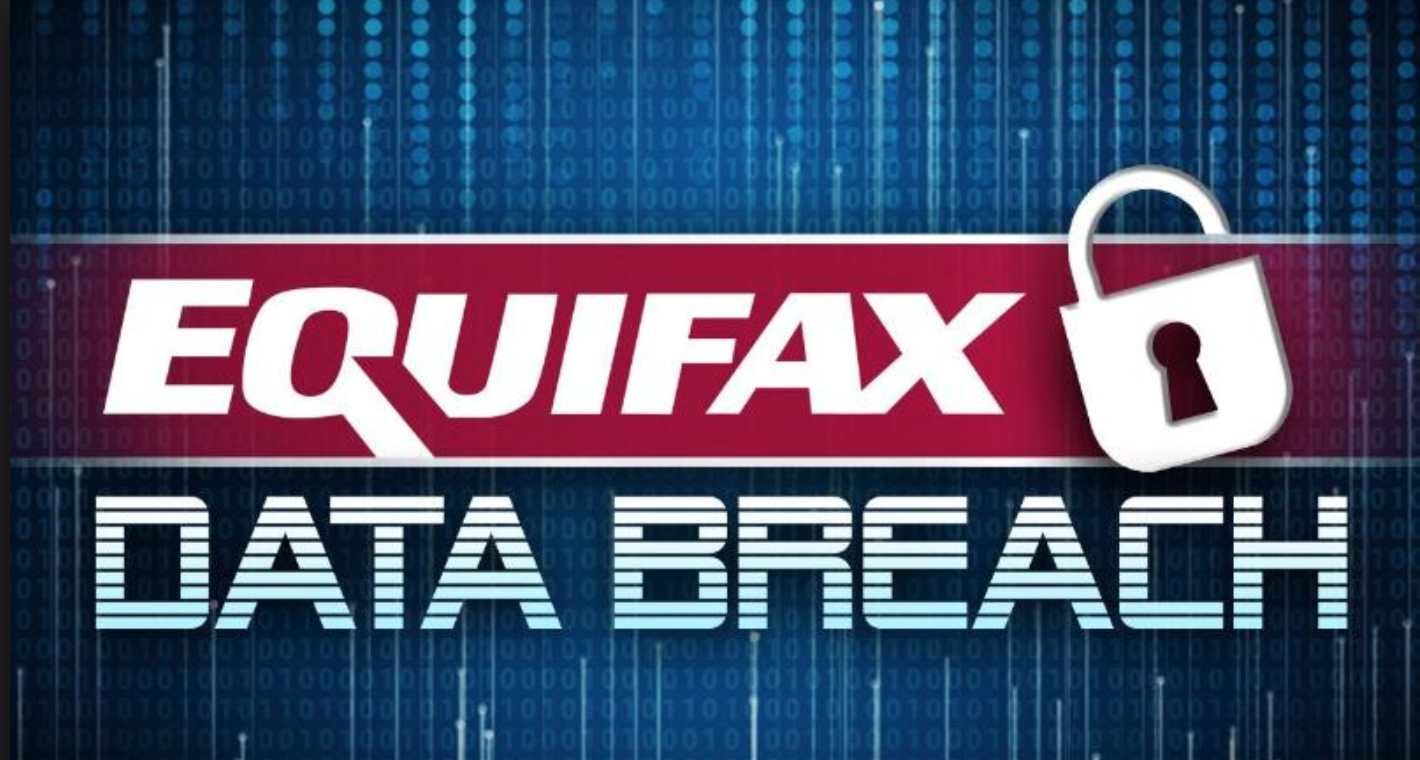
The problem is massive. Equifax reported that 143 million Americans had their information, including Social Security numbers and other personal data, exposed in the hack. The company’s CEO resigned in the wake of the credit disaster and Congress is discussing how another such disaster might be avoided.
The aftermath is becoming apparent as people who reacted by freezing their credit try to buy things such as the new iPhone that is in high demand or other big-ticket items.
It is possible to unfreeze your credit if you are anticipating a large purchase and then freezing it again afterward. But that may take time and your credit is vulnerable during the interim.
Experts advise that you let the major credit bureau know several hours or at most several days before you apply for financing. The three bureaus are TransUnion, Experian and Equifax. You will likely be charged $3 to $10 for each action at each of the three bureaus.
Sellers, such as Apple and other wireless carriers, often asked for a credit report before they approve the sale of a new phone. The costs and the hassle of unfreezing and refreezing your credit information may make the acquisition of a new super-phone – or any other costly item – more trouble than it is worth to the consumer.
Citizens Financial Group of Providence, R.I., which runs the Apple financing program, has already announced that it will not new or existing customers who have frozen their credit, at least temporarily. Sprint, Verizon, 4:58 PM-Mobile and AT&T also run credit checks with the three credit agencies. Their policies vary, but it is one of the indications that the Equifax hack will affect the buying practices of many Americans.